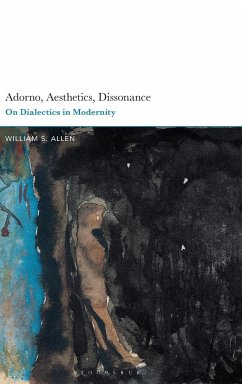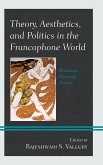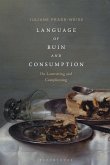Adorno's aesthetics is one of the most important philosophical analyses of the 20th century, but its development remains unclear. This book for the first time provides a detailed study of the way that Adorno's thinking of aesthetics developed and involved different dimensions that came together to make it uniquely powerful. Principal among these dimensions is his intense interest in music and his concomitant materialist approach. However, by studying how Adorno's aesthetics arose through interactions with different thinkers, particularly Kracauer, Horkheimer, and Schoenberg, it becomes clear that his thought is changed in its relation to dialectics. As a result, Adorno's thinking comes to broaden the understanding of aesthetics to include the sphere of sensuality, and in doing so transforms both aesthetics and dialectics through a notion of dissonance, which will in turn have substantial implications for the relation of his thinking to praxis.
Hinweis: Dieser Artikel kann nur an eine deutsche Lieferadresse ausgeliefert werden.
Hinweis: Dieser Artikel kann nur an eine deutsche Lieferadresse ausgeliefert werden.









